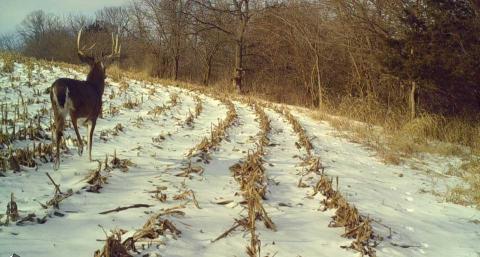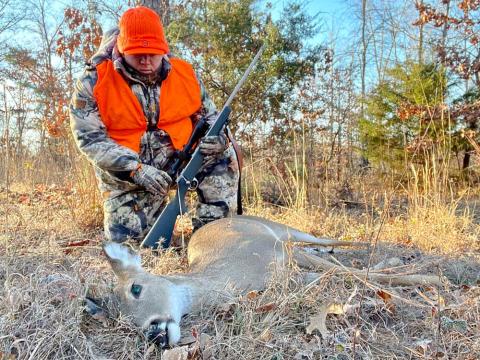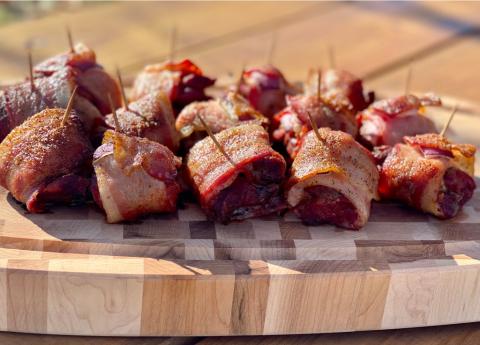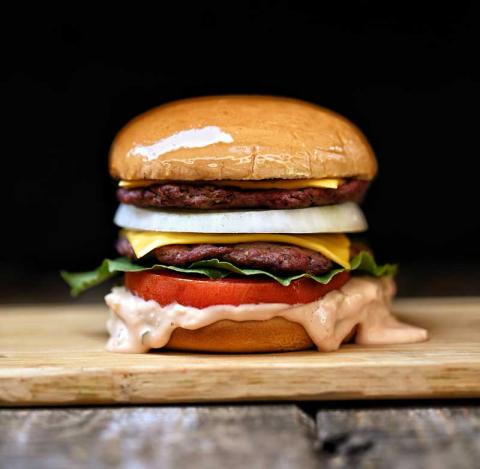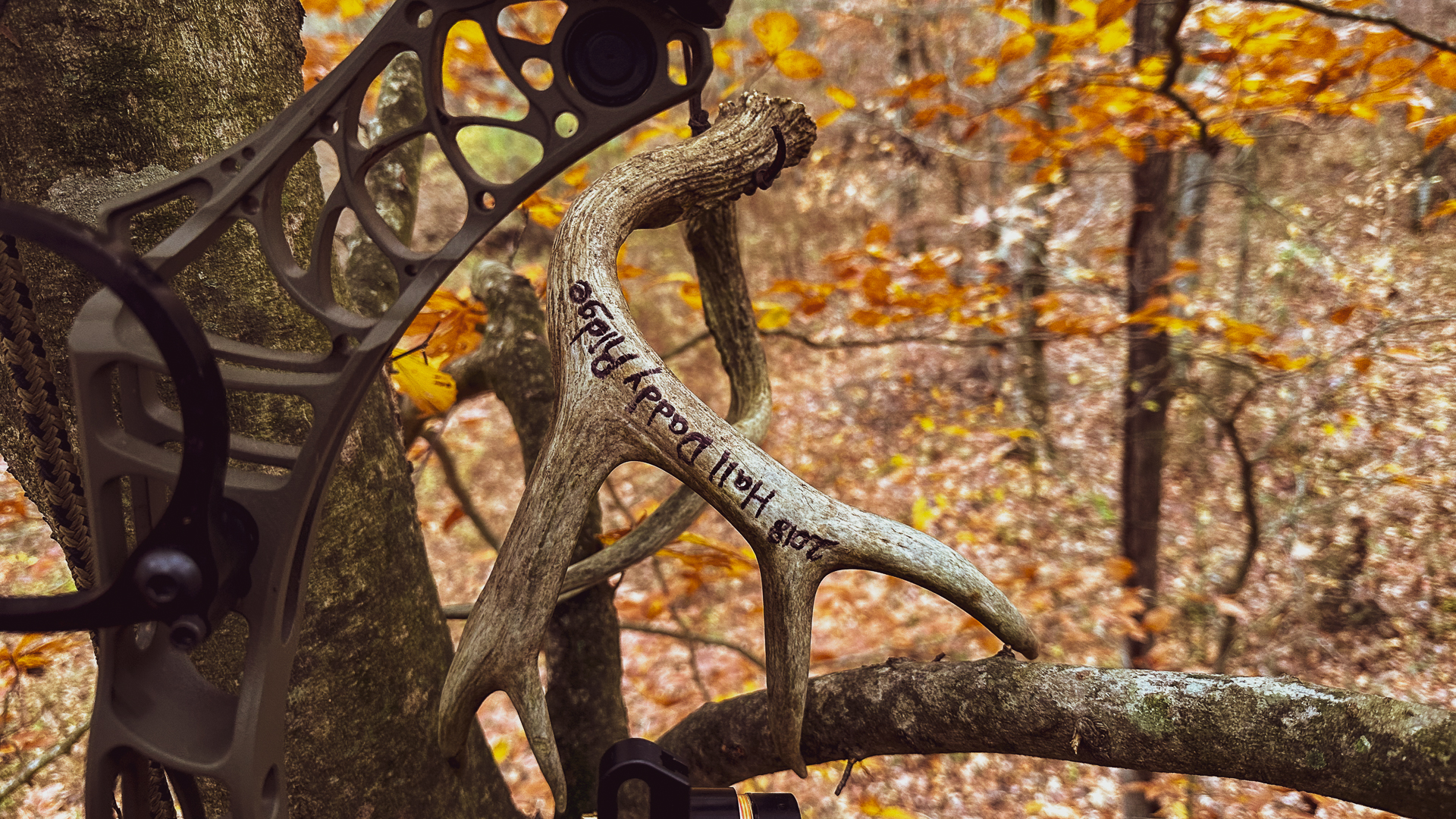Going on a backpacking trip means many things: friends, adventure, good views, and the best hiking snacks. If you’re trying to cover miles, you’ll be burning a lot of calories and depleting your body’s nutrient stores. Without appropriate planning and care, this can lead to a state of “hanger,” the dreaded mix of hunger and anger. Energy-boosting snacks can keep your body fueled and your backpacking crew happy.
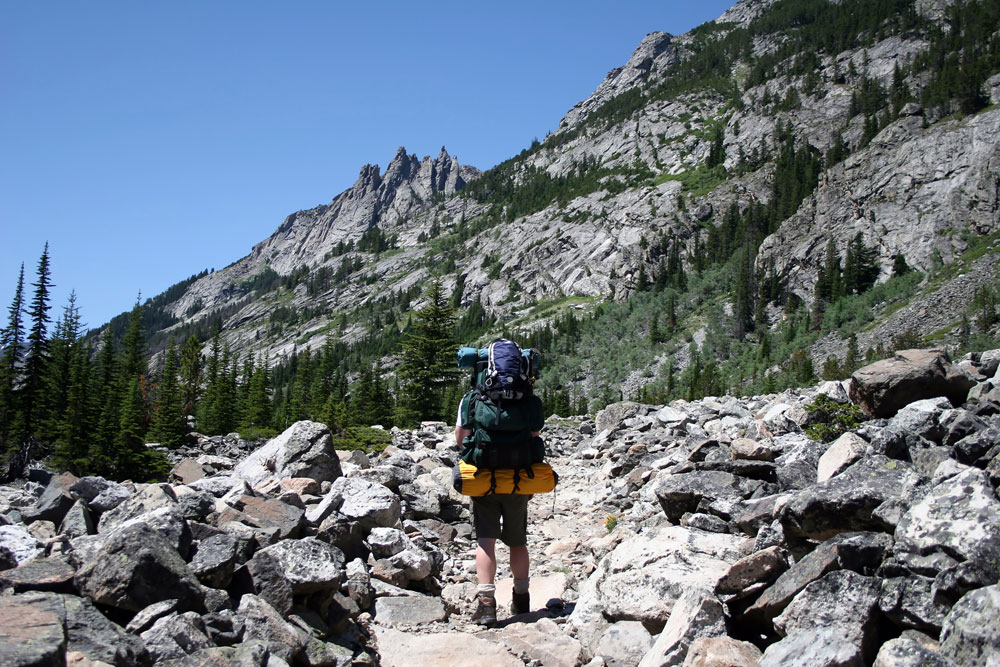
Calorie-Dense Foods
Remember, consuming calorie-dense foods while on the trail is a good thing. Hiking and backpacking are strenuous activities, and your body needs to refuel so your metabolism can keep running at a high level. If you don’t feed yourself properly, your metabolism will tank, leaving you at risk of hypoglycemia and more vulnerable to hypothermia, dehydration, and fatigue. Always have a well-packed wilderness first aid kit on hand in case you or another member of your party encounters a medical issue.
In other words, leave the diet plan at home. Fueling your body appropriately while backpacking will do more for your metabolism than restricting your food intake. Packing calorie-dense foods also means you carry less food weight per calorie on your back.
1. Trail Mix
It might seem cliché, but trail mix is one of the best options for when you hit the trail. With chocolate, nuts, and dried fruit, your body gets fiber, protein, fat, and carbohydrates. It’s a perfect way to stave off hunger and replenish your energy stores for another few miles.
2. Dried Dates
Dried dates are the ideal trail food for several reasons. First, as they’re dried, they’re lighter and more calorie-dense than most fresh fruits. They’re packed with carbs, feature fiber for healthy digestion, and are a low glycemic-index food. This means they release their carbohydrate-based energy slowly, which can give you sustained energy as opposed to a sugar rush. Dates are also packed with nutrients, such as potassium, which can help reduce cramps, magnesium, copper, iron, and Vitamin B6. In other words, dates are a perfect snack for backpackers.
3. Bacon
With a little bit of preparation, bacon can become your cheap jerky. Cook your bacon until it is entirely crispy rather than chewy. Not only does this protect the “pack life” of your bacon, but it also reduces the weight you have to carry. Pack your bacon jerky in an airtight container, and it should be good for several days.

4. Cheese
In general, the more aged the cheese, the longer it will last out of the refrigerator. Semi-firm and firm cheeses that have been aged will last far longer than soft, fresh cheeses. Mozzarella might seem like a great idea, but it will most likely make you sick on the trail.
If you’re concerned about preserving your cheese for as long as possible, leave it in its original packaging and seal it in an additional plastic bag. Cut off portions with a knife, wrap the cheese back up, and reseal the bag when you’re done. Alternatively, if you’re only heading out on a short backpacking trip, slicing the cheese into smaller chunks ahead of time might save you space in your pack and make dishing out portions easier.
5. Venison Jerky
Venison jerky is packed with protein, low in fat, and one of the healthiest meats around. There’s also nothing quite as rewarding as eating venison from the deer you shot and butchered yourself while on a backpacking adventure.
With 44 grams of protein per 6-ounce portion—before that portion is dried—and copious nutrients, venison jerky can power your backpacking trip. That protein can stave off fatigue and balance out the high carbohydrate intake that backpacking requires.
6. Foraged Foods
It never hurts to understand a thing or two about responsible foraging. It allows you to procure greens and other fresh foods that would be difficult to pack in. Additionally, many wild greens are more nutritious than their industrially cultivated counterparts. If you happen to run out of supplies more quickly than you anticipated, you may find yourself looking for food in the wild.
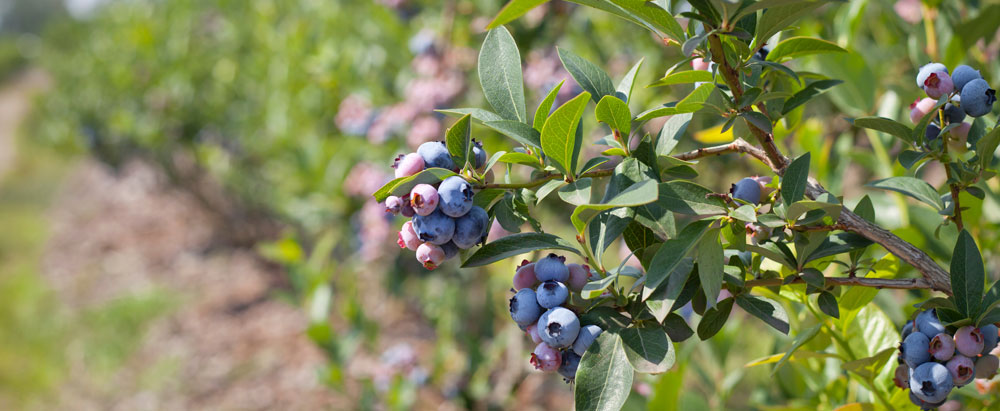
7. Trail Hot Chocolate or Mocha
Pre-packaged hot chocolate powder makes for an easy, tasty drink first thing in the morning or last thing at night. For a caffeinated alternative, mix instant coffee with hot chocolate powder before you head out on your trip. That way, all you have to do on the trail is add water.
8. Hummus
Hummus is a wonderful source of healthy fats and plant-based protein. It’s also an excellent source of copper, folate, and manganese. These vitamins and minerals play key roles in metabolism and digestion and can help keep your body running smoothly on the trail. Pair hummus with whole-grain crackers, and you have a miniature meal. While you have to ensure you pack your hummus safely to make sure it doesn’t spill, it’s still an ideal way to get a huge nutritional bang for your buck.
9. Chocolate
Chocolate is perfect to share with friends and makes a good emergency ration. If you’re stuck out a bit longer than you intended, chocolate is a lightweight way to give you the caloric boost you need to make it back.
10. Oatmeal
For a low-glycemic source of long-lasting, whole-grain energy, oatmeal is one of the best ways to start your day on the trail. Pre-mix a bag of whole-grain oats, cinnamon, sugar, and your favorite dried fruits and nuts for a simple and tasty one-pot breakfast.
11. Apple Slices and Peanut Butter
While they’re best to eat on the first day to maximize freshness, apple slices with peanut butter provide crunch, taste, and nutrients. Try packing peanut butter in small, reusable plastic tubs. A plastic salad dressing or sauce container from your most recent meal out is the perfect size for packing a trail-portion of peanut butter.
Final Word
Snacking on the trail keeps your energy up, your spirits high, and your taste buds satisfied. Taking breaks to snack also gives you a chance to sit back, give your legs a break, and enjoy the view. Packing enough calories can help stave off medical issues such as hypoglycemia or hypothermia, but remember to always have a first aid kit in your pack no matter how short your adventure.


















